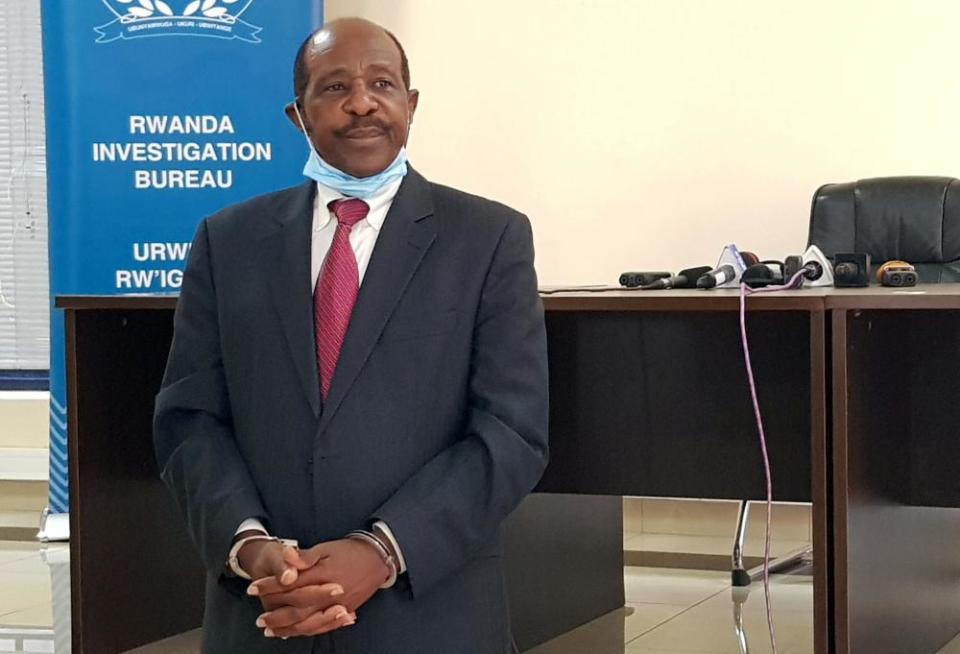Why Paul Rusesabagina was arrested

I am surprised that the Guardian should take such a partisan attitude to the case of Paul Rusesabagina, the Rwandan who has been arrested and is in custody in Kigali (UN urged to intervene in case of detained Hotel Rwanda dissident, 8 September). Mr Rusesabagina, whose role during the Rwandan genocide against the Tutsis was fictionalised in the well-known movie Hotel Rwanda, has been the subject of controversy ever since.
Mr Rusesabagina was arrested because he is believed to be the leader, founder and sponsor of a violent extremist group operating in Rwanda and more widely, known as MRCD/FLN. The international arrest warrant under which he has been detained included accusations that in June and July 2018 in Nyungwe, and in December 2018 in Nyamagabe, attacks by the MRCD/FLN were carried out against innocent Rwandan civilians which left nine people dead and several seriously injured.
A video is available on the internet in which Mr Rusesabagina expresses his support for this terrorist grouping. In Britain, he would almost certainly be charged under our anti-terrorism laws.
While we are on the subject, your newspaper’s support for bringing to justice the five alleged Rwandan genocide perpetrators who have been living freely, often on taxpayer benefits in the UK where they have sanctuary, for more than a decade would be very welcome.
Despite repeated attempts by the Rwandan government and its legal authorities to bring these five to account, no progress has been made. It is difficult to believe this would be the case if they were alleged Holocaust perpetrators. To be blunt, it is the British justice system, not Rwanda’s, that is in the dock over this matter.
Andrew Mitchell MP
Former secretary of state for international development

 Yahoo Finance
Yahoo Finance 